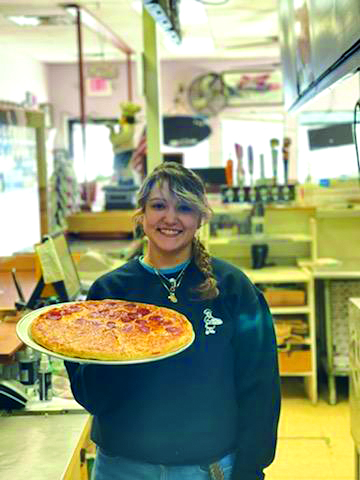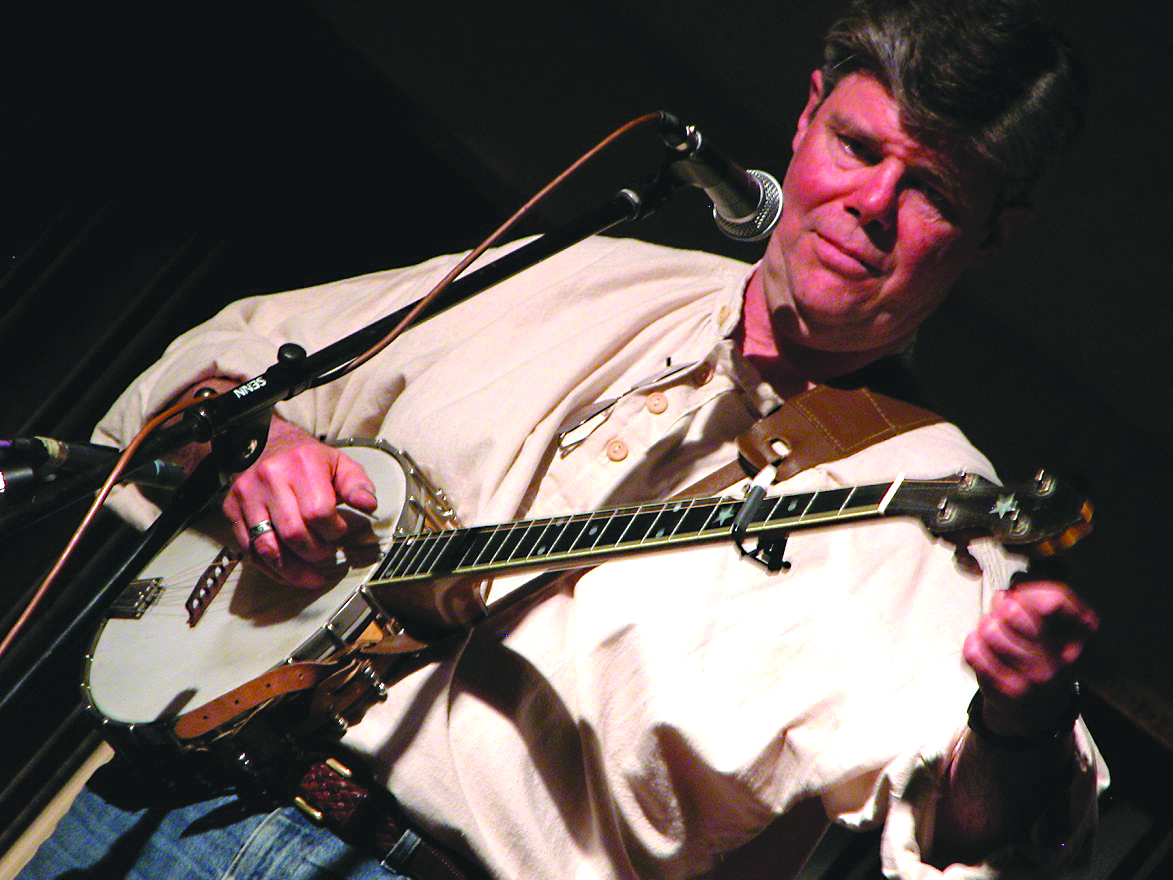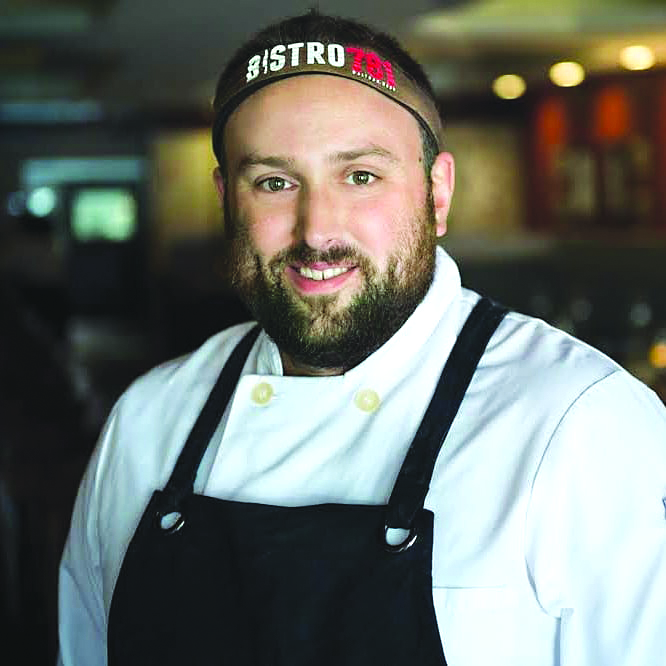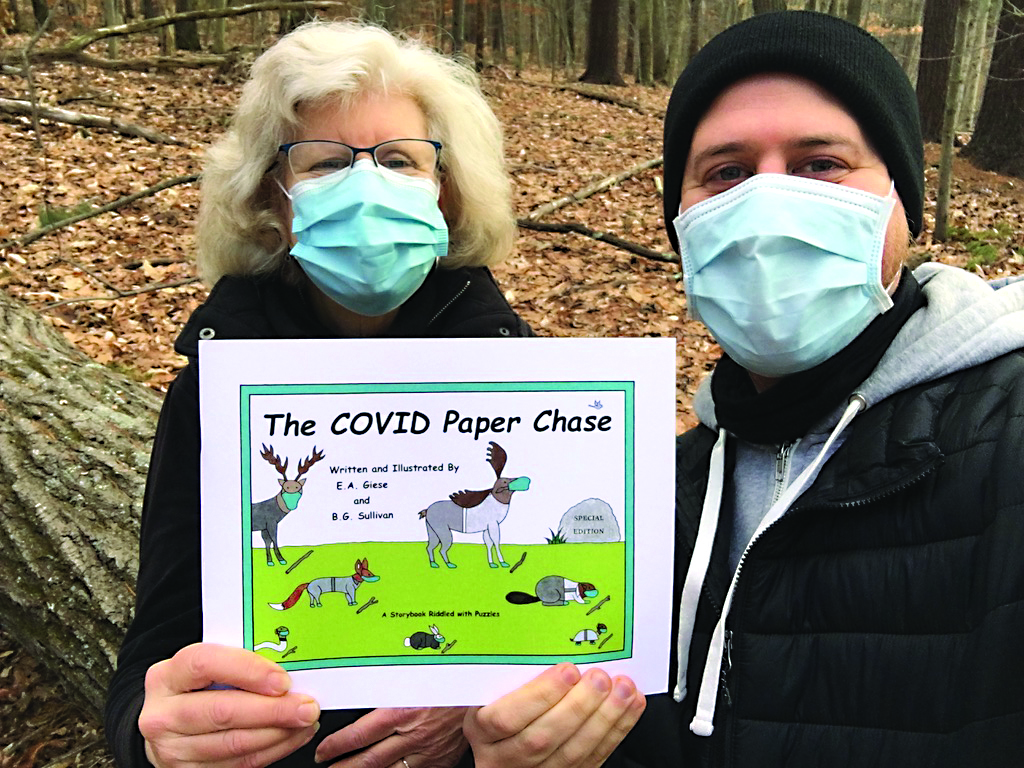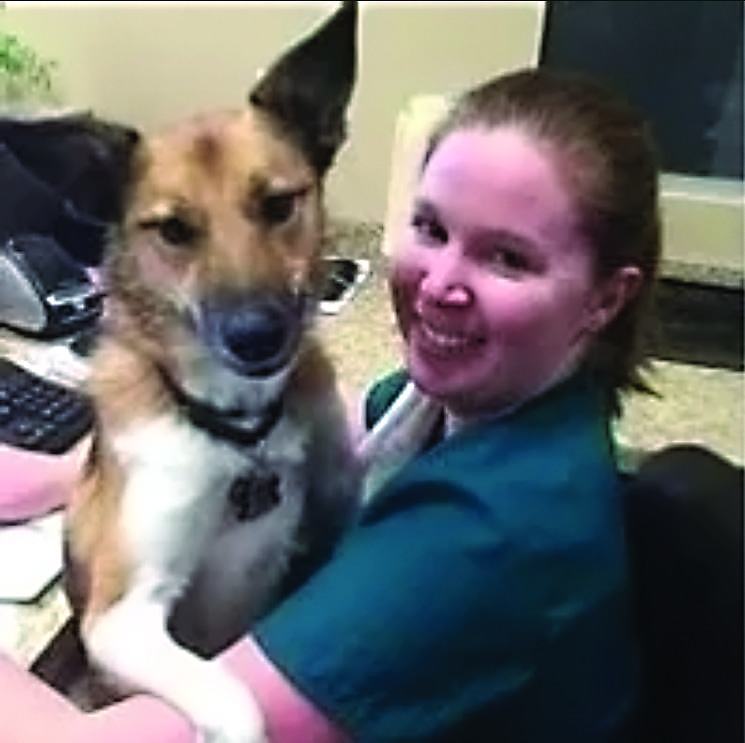The latest recommendations for proper mask use
State Epidemiologist Dr. Benjamin Chan gives an update on best mask-wearing practices.
What types of masks are the most effective?
If people can find masks that are two or three layers, that’s preferred over single-layer masks. Oftentimes, we see homemade masks being one piece of fabric, so we encourage people to … double up on the fabric they’re using, or to look for store-bought masks, most of which are made of multiple layers. … If you’re using a neck gaiter and it’s only a single layer, folding the neck gaiter in half is a very simple way of adding another layer of fabric … but we would go even further and say that neck gaiters are probably not the best type of mask to use. … The other key point is that masks should be well-fitted. … The whole goal of wearing a mask is to not let your respiratory drops escape, and to not let somebody else’s respiratory drops come in, so if there are gaps, that’s going to cause the mask to be less effective. Ideally, all of the air you breathe out and breathe in should be filtered through the fabric.
How can people ensure a good fit with their masks?
I think the first and easiest way is to simply use masks that have a nose wire so it can be pinched and cinched down around the nose to prevent any gaps that can occur between somebody’s nose and cheek area. … To eliminate gaps on the sides of the mask, there are different mask fitters and mask braces that can be used to better form the mask to the face. … Double-masking is another strategy. … Its primary purpose is to get a better fit [by] eliminating the gaps … but there’s also the added benefit that it has multiple layers.
What is double-masking?
When we’re talking about double-masking, we’re talking about wearing a reusable cloth mask and a disposable mask. … The way it’s being promoted and recommended by CDC … is that people should wear the disposable mask against the face, and then the cloth mask over that, so the cloth mask helps to compress the disposable mask against the face. … CDC does not recommend combining other types of masks.
Are two masks always better than one?
We’re not universally recommending that everybody should be walking around wearing two masks. What we are recommending is that … they upgrade their mask to one that’s better-fitting … and double-masking is just one option for people to get a better fit with their mask.
Is it safe for kids to double-mask?
I think the goal here is to focus on getting kids to wear at least one mask. … For young children two years of age and older — we and CDC continue to recommend that masks not be put on children under the age of 2 — wearing masks can take some training and some practice … but it can be done.
What’s the deal with N95 masks?
N95 masks are generally medical-grade masks that should be reserved for health care providers caring for sick patients and patients with Covid-19 in the hospital, and for people in health care settings. There are over-the-counter [KN95] masks that may be constructed of comparable material to an N95 mask … but aren’t appropriate or certified for medical use. … A KN95 mask is certainly an option … but we’re not recommending that … over another well-fitted procedural-type mask.
Is there any reason someone should not wear a KN95 mask?
One of the downsides of KN95 masks and some of those thicker types of masks is that there’s more resistance to breathing in and out, which can make it harder for some people to breathe. That’s part of the reason we’re not universally recommending that everybody wear KN95 masks.
At what point should a mask be thrown away?
It partly depends on … how long they’re wearing it during the day. [It’s different], for example, for somebody who is in school and wearing their mask all day … [than for] someone who wants to run into a grocery store for a half an hour. … The general recommendation is that when the mask is soiled or saturated, or the person is having a hard time breathing through it … and the fabric has lost its filtration efficacy, it should be discarded and replaced. … If you wear a disposable mask for an extended period of time, use a new one the next day. If it’s a reusable cloth mask, make sure you’re taking it home and washing it.
Is it really necessary to wear a mask outdoors?
It’s still recommended that people wear masks outdoors if they’re going to be around other people … but there’s some discretion involved. … If … there are two people sitting down 10 feet from each other, then it’s probably not necessary for them to wear a mask the whole time, but if you’re with a group of people mingling or moving around, absolutely [wear a mask].
Is there anything else you want people to know about proper mask-wearing?
I think the focus right now should be, one, that people wear at least one mask … and two, that people upgrade their single-layer masks to ones that are better-fitted. … A CDC study … showed that, if two people are together and one of them has Covid-19, when both people are wearing masks [that] are well-fitted, exposure can be reduced by more than 95 percent. — Angie Sykeny
Featured photo: Dr. Benjamin Chan, MD.

